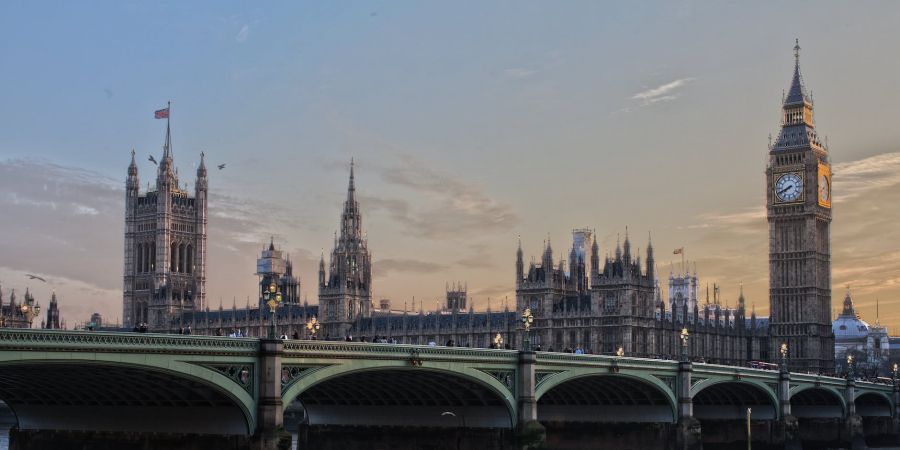

THE LARGEST EMPIRE THE WORLD has ever seen - the British Empire – began in the 1600s as merchants set up trading colonies on the east coast of America. More colonies were established in the Caribbean, India, and, after 1770, Australia, Oceania, and Africa. By 1920, the British Empire had reached its greatest extent. It grew through military conquest and the need for British industry to acquire raw materials. A vast civil service held it together. But such a large empire was too big to last, and by the end of the 20th century almost every colony had received its independence.
JAMESTOWN
In 1607, Britain set up its first permanent overseas colony at Jamestown, Virginia, on the east coast of North America. The settlement was named after King James I, and consisted of log cabins surrounded by a protective wooden fence.
THE RAJ
In 1600, English merchants set up the East India Company. It soon controlled large parts of India. Following the Indian Mutiny of 1857, the British government took over. By 1886, Britain controlled the whole Indian subcontinent. For the Victorians, India was the "jewel in the crown", and British rule was known as the "Raj" after the Hindu word meaning "reign".
DECOLONIZATION
The first countries to gain independence were the white dominions of Canada (1867), Australia (1901), and New Zealand (1907). Non-white countries followed. The Indian
subcontinent became independent in 1947-48; Ghana and Malaya left the empire in 1957. Decolonization (withdrawal from the empire) continued through the 20th century, sometimes violently. By 2009, Britain governed 14 overseas territories, mostly small islands.
COMMONWEALTH In 1931, more than 50 newly independent British colonies joined what is known as the British Commonwealth. The British queen, Elizabeth II, is its head, even though most members are republics or have their own monarchs. Commonwealth leaders meet once every two years to discuss matters such as trade.
MISSIONARIES
As the empire expanded, British Christian missionaries set out to convert the local people. They set up schools and hospitals, and did much to bind the different parts of the empire together through Christianity and the British way of life. One of the most famous missionaries was Scotsman David Livingstone. In 1841 he arrived in Cape Town; by the time of his death in 1873, he had explored most of Africa.
AUSTRALIA
The first colonists in Australia were convicts sent out from 1788 to serve their sentences. Later arrivals included Irish people fleeing famine, and others seeking a new life in the wide open spaces of Australia. The discovery of gold in 1851 caused a rush of prospectors, leading to great social and economic change. In 1901, the six separate colonies in Australia were joined together as a single country.
